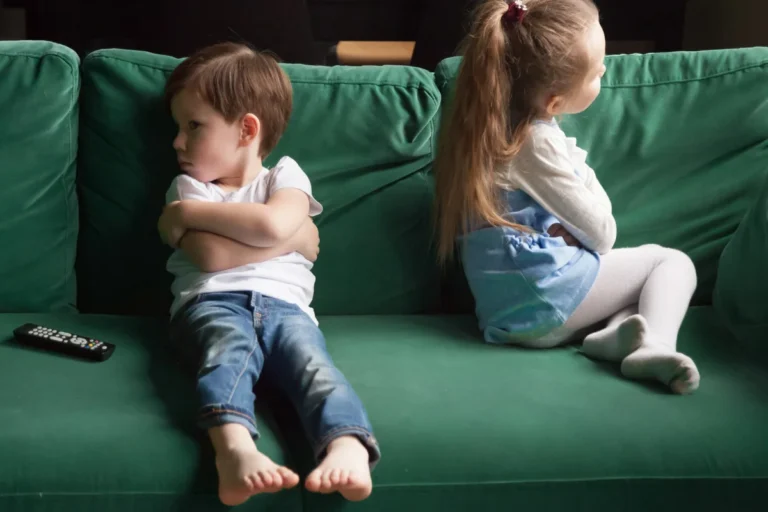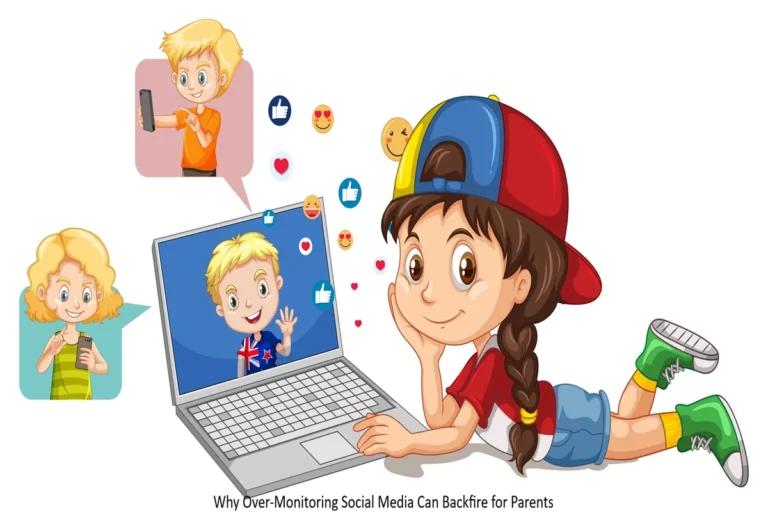
You know how physical bullying is obvious, like someone tripping you in the hallway? And verbal bullying is loud, like insults shouted across the cafeteria? Relational bullying? Oh, it’s the quiet storm. It’s the friend who slowly poisons your friendships, your confidence, or your sense of belonging, without ever throwing a punch.
Here’s How it Works:
It’s sabotage in disguise: Think gossip (“Did you hear she cheated on the test?”), exclusion (“Oops, forgot to invite you!”), or the silent treatment (ghosting you for days because you didn’t laugh at their joke).
It’s personal: The bully is often someone you trust—your ride-or-die friend, your cubicle buddy at work, even a sibling. That’s why it’s so confusing. You’re left thinking, “Wait… are they doing this on purpose? Am I just being dramatic?”
It’s about power: They want control. Maybe they’re jealous of your new job, threatened by your confidence, or just addicted to drama. Either way, they chip away at your happiness to feel bigger.
How to Spot a Relational Bully (Especially If They’re Your “Friend”)
Let’s get brutally honest: It’s hard to admit someone you care about is hurting you. But here’s your cheat sheet:
The Social Ghosting Act
Example: Your squad plans a weekend beach trip. Everyone’s tagged in the group chat… except you. When you ask, they hit you with, “Oh, we thought you’d hate the sand!” Sure, Karen.
Why it’s toxic: It’s designed to make you feel small and unwanted.
The Gossip Machine
Example: You confide in them about your crush, and suddenly the whole school “knows” you’re “obsessed.” Bonus points if they twist it to make you look desperate.
Why it’s toxic: It’s betrayal with a side of reputation wrecking.
The Silent Treatment Olympics
Example: You disagree about where to eat lunch, and suddenly they’re ignoring your texts for a week. You end up apologizing just to end the awkwardness, even though you did nothing wrong.
Why it’s toxic: It’s emotional blackmail. They’re training you to beg for their attention.
The “Fair-Weather Friend” Routine
Example: They’re all hugs and “I miss you!” when they need help moving apartments… but vanish once you’ve hauled their couch up three flights of stairs.
Why it’s toxic: You’re just a tool to them, not a person.
The Public Humiliation Special
Example: At a party, they “joke” about your awkward middle-school phase in front of your crush. When you cringe, they laugh, “Relax, it’s just a joke!”
Why it’s toxic: It’s cruelty masked as humor.
The Puppeteer
Example: “If you don’t skip class with me, I’ll tell everyone your secret.”
Why it’s toxic: They’re holding your trust hostage.
The Green-Eyed Monster
Example: You land a promotion, and they mutter, “Wow, guess the boss really likes you.” Cue the side-eye.
Why it’s toxic: They’re threatened by your success and want to dim your shine.
Bottom line: If this happens over and over, it’s not “just a phase” or “stress.” It’s bullying. Period.
Real-Life Stories (Because We’ve All Met a Regina George)
The “Mean Girls” Playbook
Remember Regina George? She’s the queen of relational bullying. She’d compliment your outfit while secretly trashing it in her “burn book.” Classic move: pretending to be your ally while stabbing you in the back.
The Backstabbing BFF
Take Emily (name changed). Her best friend since 3rd grade started whispering to classmates, “Emily’s been talking crap about you.” Soon, no one would sit with her at lunch. Emily spent months blaming herself before realizing: Her friend was the bully.
The Office Saboteur
Relational bullying doesn’t end at graduation. Imagine a coworker who “forgets” to invite you to meetings, then tells the boss you’re “unreliable.” Or the teammate who takes credit for your ideas. Yep, adulting doesn’t magically fix toxic behavior.
What Can You Actually Do? (No Toxic Positivity, Promise)
· Trust Your Gut (It’s Smarter Than You Think)
If being around someone feels like walking on eggshells, listen to that. Your body knows before your brain does.
Try this: Keep a journal. Write down how you feel after hanging with them. If “anxious,” “lonely,” or “worthless” pop up repeatedly? Red flag.
· Talk to Someone Who Gets It
Not sure where to start? Say: “Hey, I need to vent. My friend keeps doing [X], and it’s messing with me.”
Who to trust: A parent, therapist, teacher, or that friend who always answers your 2 a.m. texts.
· Find Your Tribe (They’re Out There, I Swear)
Join a club, take a pottery class, or volunteer at an animal shelter. Anywhere you can meet people who share your vibe.
Pro tip: Look for folks who celebrate your wins, not ones who eye-roll them.
Set Boundaries Like a Boss
Example: “I’m not okay with being joked about like that. If it happens again, I’ll have to step back.”
If they gaslight you (“You’re too sensitive!”), walk away. You don’t owe them a debate.
Therapy Isn’t Just for “Crazy People”
A good therapist is like a emotional mechanic. They’ll help you untangle the mess, rebuild confidence, and spot red flags faster.
Bonus: Many workplaces and schools offer free counseling. Check it out!
Why Relational Bullying Sticks With You (Like Glitter After a Craft Party)
This stuff isn’t just “drama.” It can leave scars:
- Self-doubt spiral: “Maybe I am annoying. Maybe I deserve this.”
- Trust issues: After a friend betrays you, it’s hard to believe anyone has your back.
- Isolation station: You might avoid friendships altogether to dodge more pain.
- Future relationship hiccups: It can mess with how you connect with partners, coworkers, even your kids.
But here’s the hope: You can heal. Surround yourself with people who feel like sunshine, practice self-care (yes, binge-watching Netflix counts), and give yourself time.
FAQs (Because Let’s Face It—You’ve Got Questions)
“What if it’s just a rough patch?”
Look for patterns. If they hurt you, apologize, then do it again? That’s a bully, not a friend.
“Can adults really go through this?”
100%. Toxic coworkers, frenemies, passive-aggressive in-laws… adult relational bullying is everywhere.
“Should I confront them?”
Only if you feel safe. Try: “When you ignore me, it hurts. Can we talk about it?” If they dismiss you, peace out.
“How do I stop blaming myself?”
Write a “proof list”. Example: “Proof I’m a good friend: I listen, I show up, I don’t gossip.” Read it when doubt creeps in.
The Takeaway (Because You’re Worth More Than This)
Real friends don’t manipulate, exclude, or belittle you. Period. If someone’s making you feel like a side character in their drama, ask yourself: “Is this friendship costing me my peace?”
You deserve people who:
- Celebrate your wins (even if it’s just nailing a TikTok dance).
- Include you (no “oops, forgot to invite you” nonsense).
- Respect your boundaries (no guilt trips for saying “no”).
So drop the guilt, protect your energy, and remember: Walking away from toxicity isn’t failure—it’s self-respect. You’ve got this.


